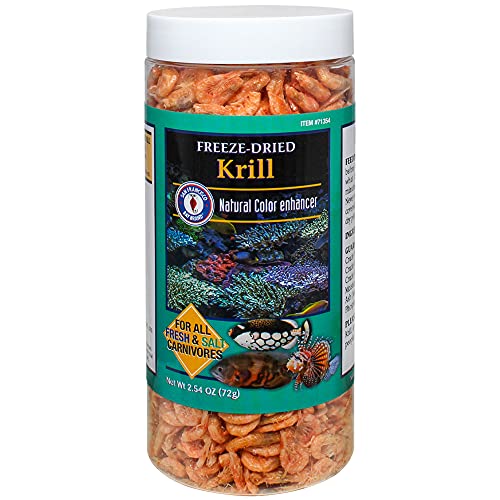blk822822
It's only money, RIGHT?
Well my last post was because my KH was low, I used baking soda mix to bring it up to 11. Everything looks good in my tank today but I have been having a problem with ca being to high, about 650. I have been doing water changes with Ro water and it has come down to about 550. The test kit I have is a API kit. I just tested my ph and it is between 8.0 and 8.2, KH is 11 ,and CA is still around 500 to 550. What should I do to bring up my PH and lower my CA? Are these test kits junk? I have a 75gal tank with 80 lbs live rock ,20 lbs live rock in the sump with macros, 70 to 80 lbs of live sand , and I have been using RO water and doing Bi weekly water changes of 7 gals to bring down the CA. Should I be worried about the PH and CA???? Please I need advice, I have been doing the reef for awhile but never really had SPS corals so didn't mess with the CA and Mag and stuff. I don't have a bunch of money to buy good test kits yet so I just want to keep from killing corals or fish.

































































